
If there is one place where I think Google may have gone wrong in advertising Stadia early on, it was in touting fidelity as a major reason for gaming in the cloud. Yes, you can certainly throw super high-end hardware (even multiple GPUs!) at the problem of rendering amazing output imagery in the cloud. But, there is no free lunch! Someone has to pay for the hardware and power costs.
And, yes, cloud gaming providers could potentially amortize some of the costs by having other players utilize the same hardware when you aren’t playing. But, that doesn’t help much at peak times when nearly everyone wants to play or the middle of night when nearly no-one wants to play.
In order to be solvent (which I don’t think any of the services likely are now), a cloud gaming company will have to pass on the cost of high-fidelity on to the users. ShadowPC may be the most honestly priced service at this point – they charge $30 a month + another $15 a month for 4K and ray-tracing. That’s $45 a month just for the remote PC access; it doesn’t include any games!
While, no doubt, there are some folks out in the wild willing to pay those prices, I think selling even more expensive plans wasn’t the first thing Shadow needed to do to grow…
As an early adopter of lots of cloud-technology (I’m a rare Chromebook power user), I can tell you that “fidelity” has never been a major selling point for me. Convenience (including in portability and social interaction) is the cloud’s killer feature.
Convenience is the cloud’s killer feature
Netflix didn’t take off because it offered better fidelity than Blu-Ray discs or the local movie theater. It was the convenience of the Netflix and Chill night in and the ability to play Netflix content on all your screens that sold the service – even before they added exclusive content. Even now, the most expensive Netflix 4K streaming options still don’t surpass the fidelity of a local 4K Blu-Ray disc – what the most passionate home-theater geeks still use. But, the fidelity of Netflix is “good-enough” for most people and the convenience is vastly superior.
Google Docs isn’t more capable than Microsoft Docs in terms of advanced features. It’s the convenience of having your doc live in the cloud and be accessible by multiple devices (simultaneously) that make it a hit!
Spotify and (before that even mp3 downloads w/ the likes of Napster) didn’t take off because the quality of the stream or downloads are superior to what you get on a CD or record. Audiophiles still to this day bemoan this revolution! But, never-the-less, these options became popular because of … convenience! It was the ability to play and take your music anywhere that led to adoption.
If a person really really care about video-game fidelity – resolution, number of polygons, ray-tracing, frames-per-second etc. (in the same sense as extreme audiophiles and home theater geeks), they probably aren’t ever going to be satisfied with the compressed video sent your way regardless of how fancy and expensive the CPU/GPU on the server is. In addition, attempting to maintain the best possible hardware would be a never ending pissing contest for these services, requiring yearly (or more frequent) upgrades.
I haven’t brought up the actual content on streaming services, which obviously matters significantly for adoption. However, for the scope of this particular discussion though, I want to simply compare platform features that cloud services can choose to emphasize.
Stadia (and others in the game streaming space) are right to now focus on their killer feature: convenience! Providing dedicated access to as many remote high-end GPUs as a customer thinks they want is … unrealistic. Fidelity needs to be “good enough” (which is definitely a moving target). But, in these early days of cloud game streaming, convenience is king.

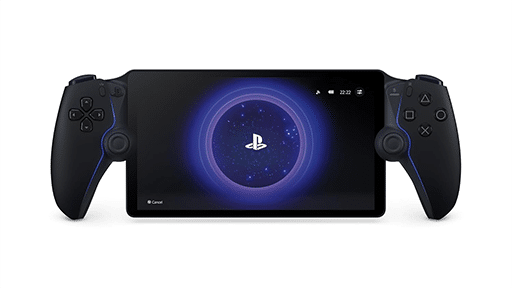
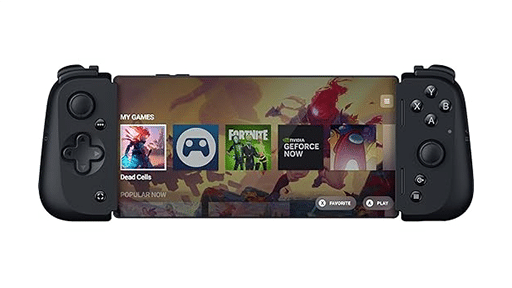
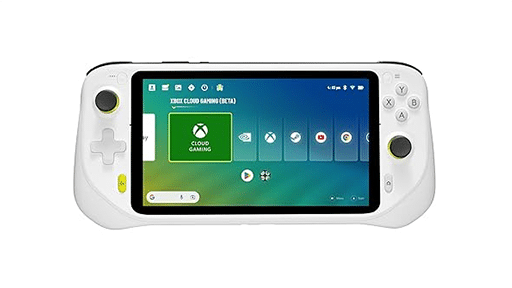
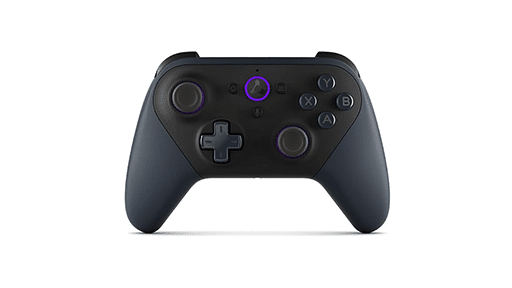
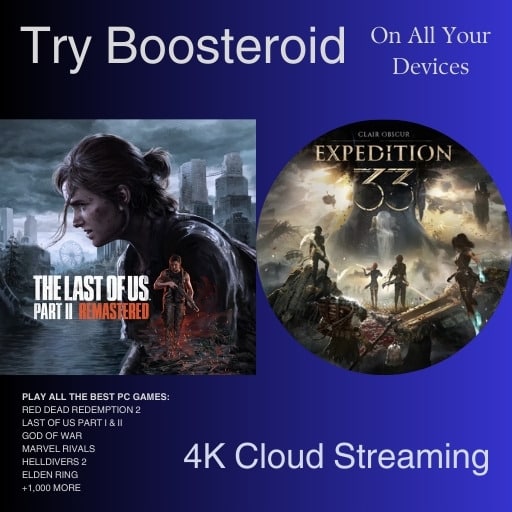

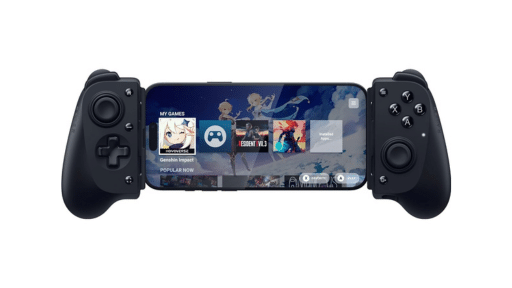
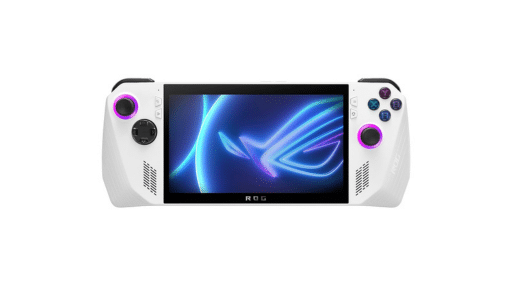

I totally agree with your points. Every time someone asks me why I use Stadia, I always tell them because of convenience. Stadia allows me to play my games on PC, TV or my phone. Even on my dad’s house when I visit him. Simply as pulling out my Stadia controller or Kishi, and it’s game on.